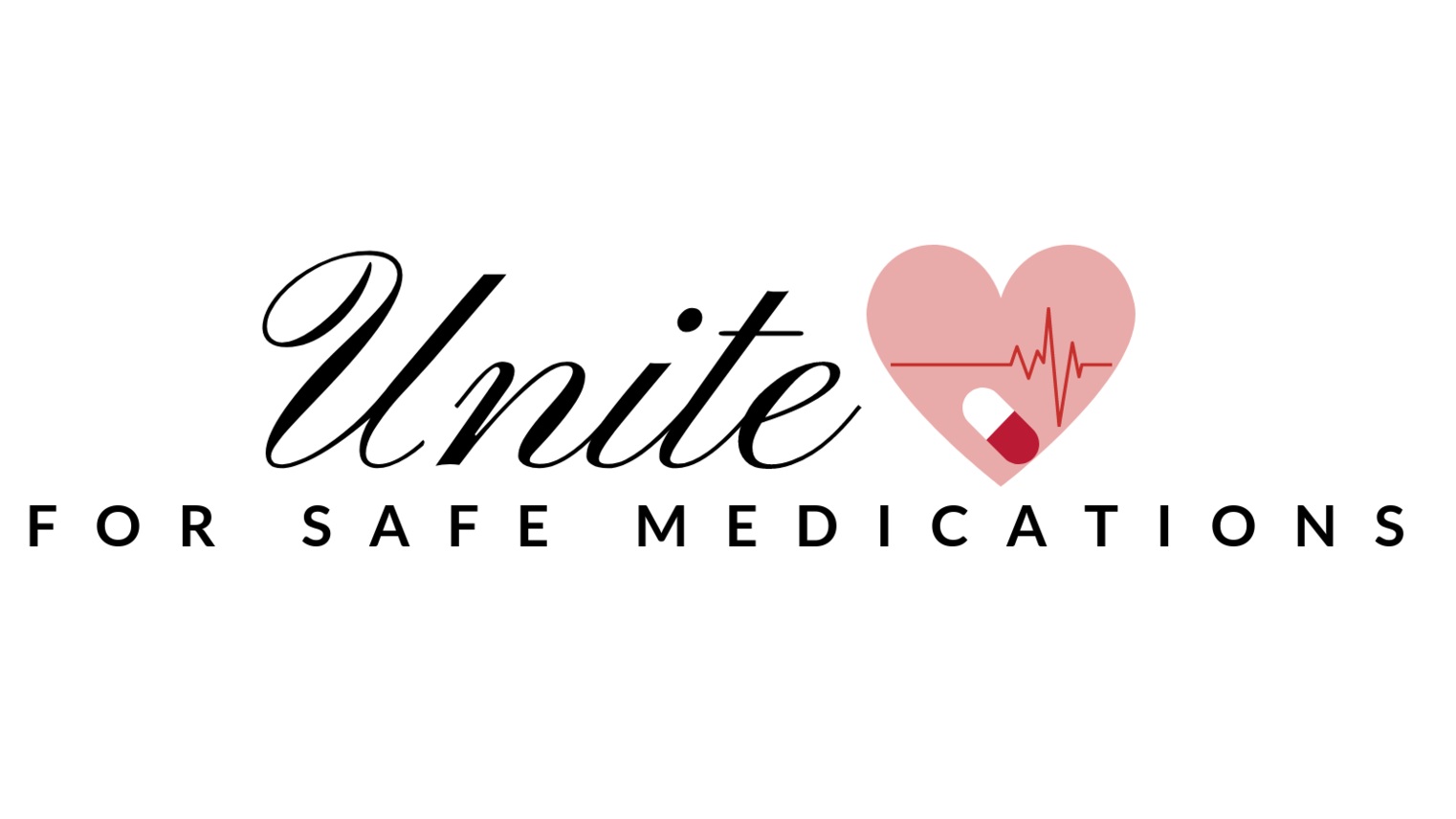Toxic Degradation of Medications Is A Risk With Mail-order Pharmacy
Without warning, the lives and health of many patients are at risk due to improper temperature storage of medications during transport.
Recently a lab in California, Emery Pharma, found that the amount of NDMA, a cancer-causing chemical in a medication substantially increased when exposed to extreme temperatures such as those experienced during shipping. Studies dated 20 years ago showed that trucks reach temperatures of up to 170 degrees as they are hot and enclosed. Mailboxes in the US reach temperatures of over 150 degrees. The storage areas in trucks and mail-boxes are hot, enclosed, and heat quickly under the summer sun. News reports reveal injuries and deaths after delivery truck drivers were exposed to such temperature extremes. Many have cited the reason for their injuries to be the hot enclosed area in the back of the delivery trucks.
Once patients realize how hot the inside of the trucks and mailboxes reach, there's no surprise of the findings that some medications break down and become toxic when shipped poorly. The only surprise is that the FDA, government officials, and the State Boards of Pharmacy failed to warn and protect us.
Emery Pharma found that after the medications were exposed to such extreme temperatures, the NDMA increased consistently over time. Per Medtruth today, “Emery submitted a Citizen Petition to the FDA requesting a total suspension of ranitidine products, a mandatory recall of any product available on the market, stability testing on future products, temperature-controlled delivery, and new warning labels describing the risk of development of carcinogens from heat exposure.”
The FDA tested medications simulating the medications in patients' stomachs and found little to no increase in NDMA, but the FDA failed to test how these medications were effected in the realistic exposure to temperature extremes during shipping.
This is nothing short of an injustice. Many are hesitant to believe that the issues are limited to just these medications. Many parents and patients are also concerned about other toxic medications such as chemotherapy medications such as the immunosuppressive medications commonly shipped in only bags in all temperature extremes.
The FDA and the State Boards of Pharmacy are aware that most medications are not being handled appropriately during shipping from the wholesalers and from the PBMs affiliated specialty pharmacies (Optum RX, CVS, & Express Scripts) but point the finger to the State Boards of Pharmacy who are widely represented by affiliates of the pharmacy benefits managers (PBMs) or those with strong ties to the PBMs mail-order pharmacies. The State Boards of Pharmacy have failed us to warn and protect the patients across the United States and they should be held liable.
Now is the time to stop pretending like the temperatures of medications do not matter. Patients should have the option to keep medications in the most stable temperatures by allowing them to fill medications at local brick and mortar pharmacies. Some medications may not significantly lose potency during shipping, but what other deadly chemicals that can be created with heating, freezing, and overall destabilization of the medications stored in only bags?
Medications are not tested in a way that is truly representative of the shipping process that can take several days at such temperature extremes and medications are not tested for the generation of toxic chemicals after such exposure. Most medications aren’t studied beyond 104 degrees. That’s much lower than the 170 degrees that trucks and mail-boxes can reach.
As patients are increasingly forced to use one mail-order pharmacy that ships most medications in only bags in extreme temperatures, many adults and children will continue to be forced to unknowingly be the test subjects and a participant in one of the most unethical and inhumane acts upon patients in the history of the United States of America.
Extreme temperature exposure is just one of the many risks with forced mail-order pharmacy.
Please support our advocacy by making a donation.
Share your story: loretta@uniteforsafemedications.com
